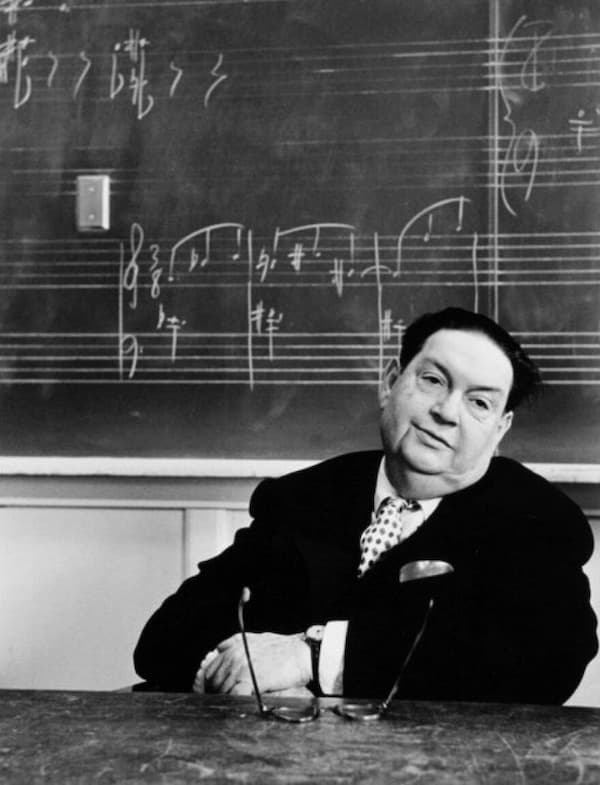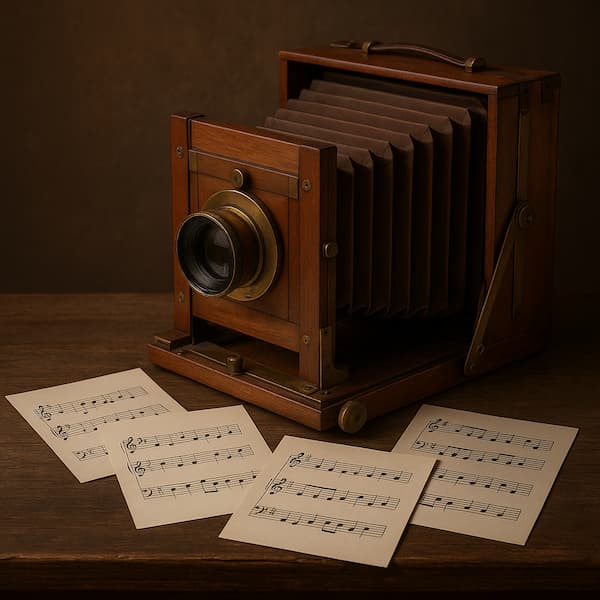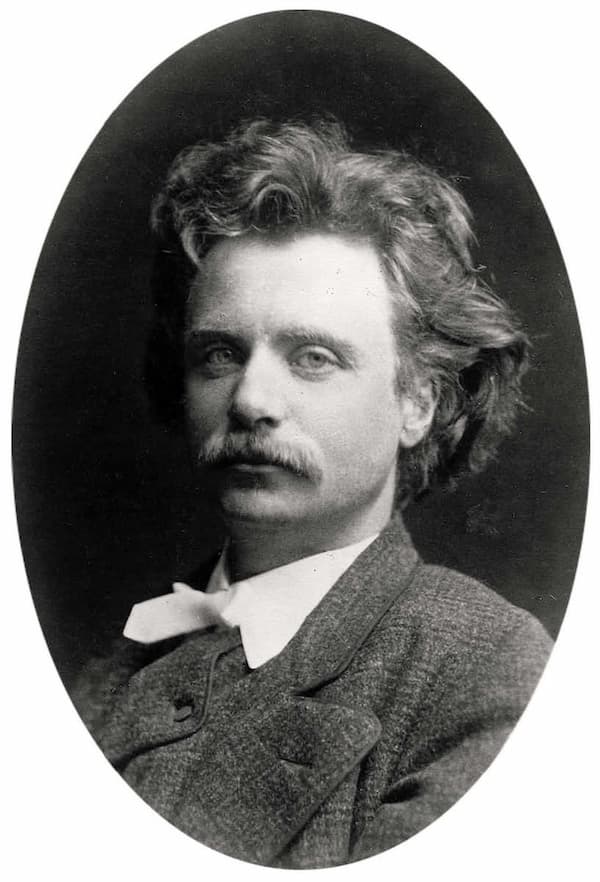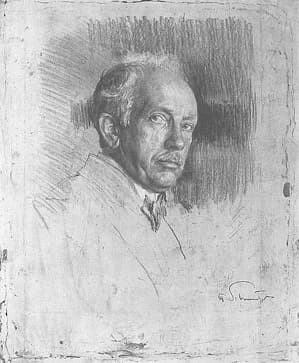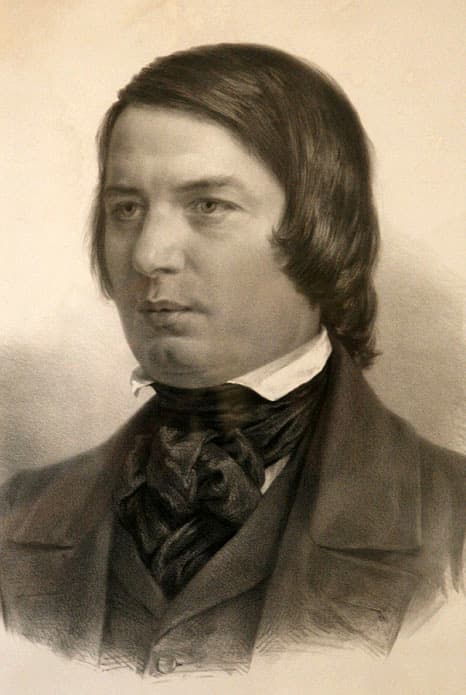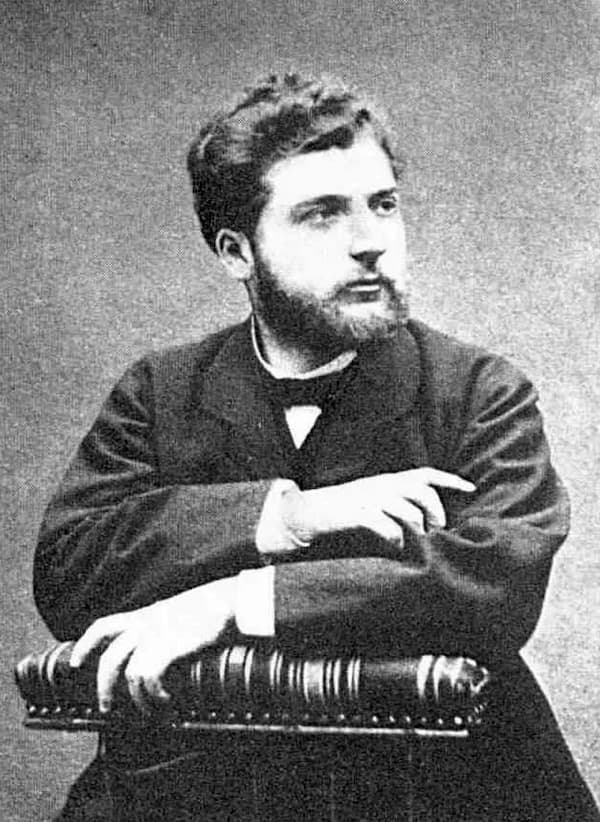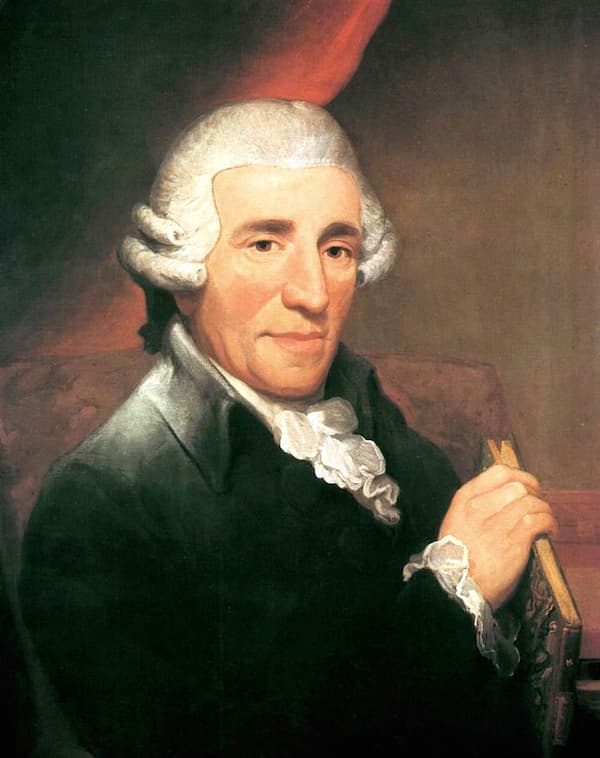Darius Milhaud, one of the most prolific composers of the 20th century, died on 22 June 1974 in Geneva, Switzerland. A highly original, imaginative, and influential composer, Milhaud became famous for his innovative use of polytonality and his incorporation of
Playlists
Classical music composers have always been inspired by birds, for obvious reasons! Today, we’re looking at thirty of the best pieces of classical music about birds ever written, dating from the 1500s to the present day. Let’s stretch our wings
At one point or another, every intermediate pianist comes across an “Albumblatt.” Mostly, these are short and lyrical pieces of music, typically for the piano, that became highly popular during the 19th century. Albumblatt is simply the German word for
Edvard Grieg was born on 15 June 1843. So let’s have a little party for Norway’s musical maestro, who sprinkled fjord-flavoured magic into everything he wrote. Grieg had a giant imagination, and he gave us melodies that dance to the
Richard Strauss, born on 11 June 1864, is one of the most influential composers of the late Romantic and early modernist eras. Although he is rightfully celebrated for his orchestral tone poems and operas, he also engaged with chamber music
Robert Schumann was a master of packaging big emotions into bite-sized pieces. His piano miniatures are short, vivid, and bursting with personality. Think of them as TikToks of the Romantic era, but with more heart and fewer dance trends. From
It’s not really common knowledge, but Georges Bizet was an absolutely brilliant pianist. He entered the class of Antoine-François Marmontel at the Paris Conservatoire at the age of nine, eventually winning Premiers Prix for piano, organ, fugue, and composition. In
At the time of his death on 31 May 1809, Joseph Haydn was a cultural hero, venerated as the first of the three “Viennese Classics.” He started his career in the traditional patronage system of the late Austrian Baroque and

